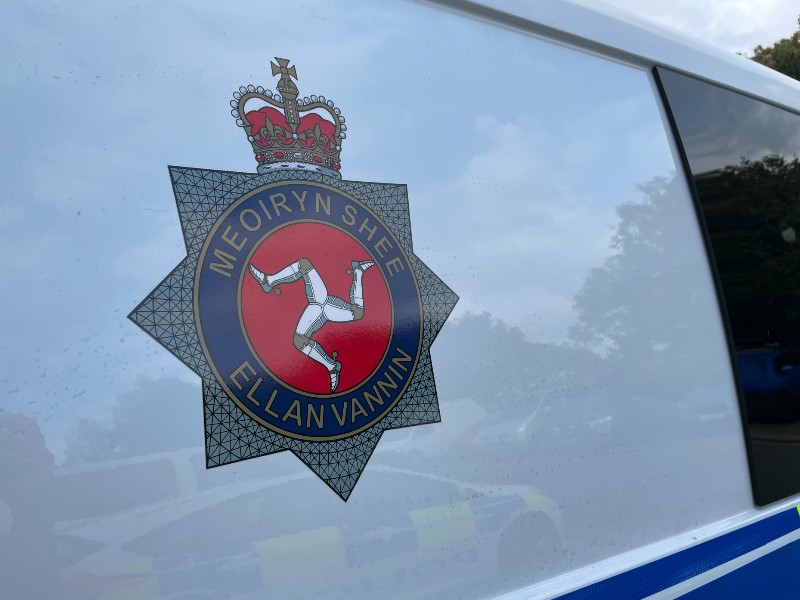
MHK says outdated legislation is being reviewed, as petitioner warns the electorate isn't being listened to
A petition calling for a public vote on the Isle of Man's proposed wind farm development has gathered more than 900 signatures, with its organiser arguing that the public deserves a greater say on major infrastructure projects.
Petitioner John Anslow says the campaign reflects growing frustration with what he describes as a lack of public consultation on capital projects.
He cites the new Liverpool Ferry Terminal, Island-wide 20mph zones, and the proposed wind farm as examples of significant decisions made without direct voter input.
Mr Anslow says his petition is not about supporting or opposing renewable energy, but about giving the electorate a voice: “Whether you think the wind farm is a good or bad idea isn’t the point - the issue is not being listened to.”
He argues a referendum would provide Manx residents with a clear chance to vote, and believes those who choose not to participate would have little ground to criticise future outcomes.
Concerns raised by the campaign include potential impacts on the Island’s environmental scenery and ecology, as well as whether renewable infrastructure will lead to lower electricity bills for the Manx public, or ongoing costs that may keep prices high.
The petition has received backing from Manx-born actress and singer Samantha Barks, who shared a Manx Radio article about the issue with her 300,000 social media followers, writing: “100 percent yes there should be a public vote.”
Responding to the argument that a referendum may be difficult to implement due to outdated legislation - the Island’s current Referendum Act dates back to 1979 and has never been used - Mr Anslow said simply: "Get it done."
Meanwhile, Douglas Central MHK Chris Thomas says modernising the Isle of Man’s outdated referendum legislation could pave the way for the public to call votes on key issues - but warns progress is being hampered by limited resources.
Mr Thomas was granted permission in 2024 to reform the Referendum Act 1979, following the chief minister’s call for a public vote on assisted dying.
However, with limited drafting support, he’s been required to carry out most of the work himself, delaying the process.
He is now expected to request an extension to the June 2025 deadline, with hopes of introducing an amendment to the existing legislation by the end of the year.
As it stands, only Tynwald can initiate a referendum. However, as part of modernising the legislation, Mr Thomas is considering allowing the public to trigger one if certain thresholds are met.
Mr Thomas acknowledges that the Isle of Man operates as a representative democracy, where voters elect MHKs to make decisions on their behalf. However, he says there is a role for referenda, particularly for issues of national significance.
He cites the UK’s use of referenda for constitutional change, and Ireland’s more regular use on matters such as abortion due to its constitutional ‘right to life’ clause.
He estimates running a referendum on the Island could cost more than £200,000, factoring in expenses such as polling stations, returning officers and printing ballots.
Responding to the rising number of petitions and calls for referenda, Mr Thomas believes it’s fair to suggest this reflects a level of public dissatisfaction with government decision-making, adding: “People want the general election to come along, and in the meantime, they vent their disappointment through calling for referenda.”
Mr Anslow's petition can be found HERE.


 Firearms amnesty comes into effect
Firearms amnesty comes into effect
 Chickenpox jab to become part of routine childhood vaccinations
Chickenpox jab to become part of routine childhood vaccinations
 Hark! Claims school didn't allow Christmas carols to be sung "rumour" and "hearsay", says minister
Hark! Claims school didn't allow Christmas carols to be sung "rumour" and "hearsay", says minister
 Education minister defends attempt to reopen schools for a half day on snow day
Education minister defends attempt to reopen schools for a half day on snow day